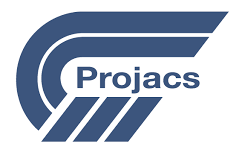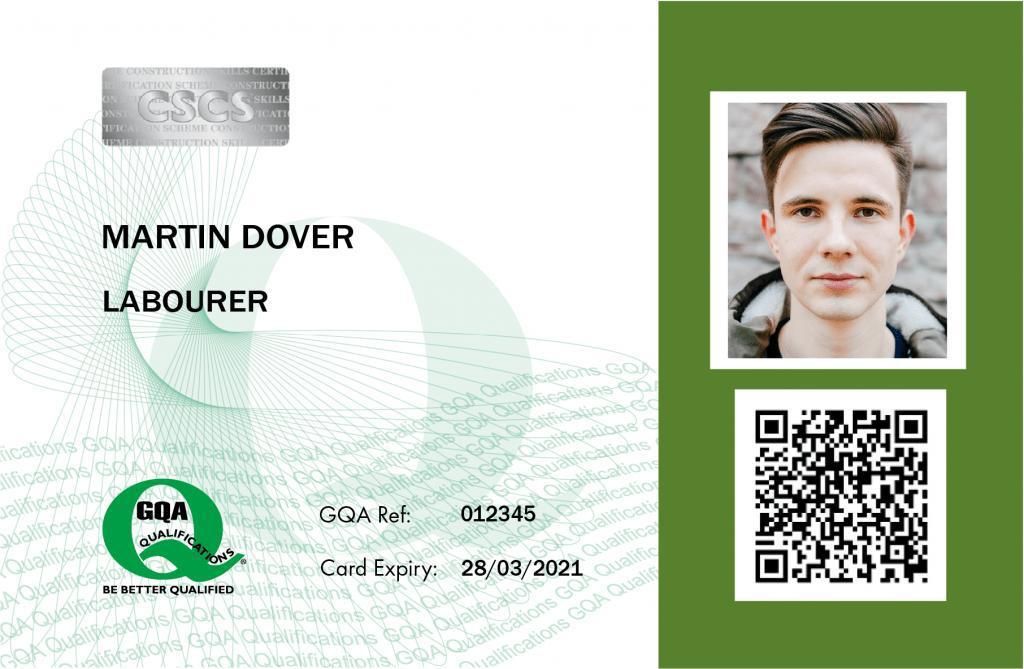Supply chain continuity and risk management have become integral components of modern organizational strategy, particularly in an increasingly volatile and complex global environment. Companies are faced with disruptions ranging from natural disasters and geopolitical tensions to technological failures and supply shortages. As such, maintaining an uninterrupted flow of goods and services is no longer merely an operational goal but a critical factor for long-term success. This course delves into the intricacies of ensuring supply chain continuity and effectively managing associated risks, enabling organizations to prepare for, respond to, and recover from unforeseen disruptions.
The global nature of modern supply chains introduces a level of complexity that requires advanced strategic oversight. Global suppliers, logistics, and distributors are interwoven into an intricate network, making it difficult to predict, control, and mitigate disruptions. In addition, businesses must contend with the rapid pace of technological advancements, environmental challenges, and shifting regulatory landscapes. These dynamics amplify the importance of developing robust risk management frameworks to safeguard the continuity of operations.
Effective risk management within supply chains goes beyond merely identifying potential threats; it encompasses the development of proactive strategies to mitigate these risks, build resilience, and ensure a rapid recovery from disruptions. Risk management must be embedded in the entire supply chain process, from procurement and sourcing to delivery and post-sale services. Understanding the full scope of risks and the strategies available to mitigate them allows organizations to stay competitive in a fast-paced market environment.
This course is designed to provide participants with an in-depth understanding of the various risks that threaten supply chain continuity and the tools available to assess, manage, and mitigate these risks. It will explore a range of risk management techniques, including risk mapping, supplier diversification, and technology-driven solutions, which can bolster an organization’s ability to respond swiftly to disruptions.
Furthermore, the importance of stakeholder communication, both internally and externally, cannot be overstated when it comes to managing risk. Establishing clear lines of communication with suppliers, customers, and other key partners is essential for ensuring that the flow of information remains unimpeded, especially during times of crisis. The course will cover communication strategies, crisis management plans, and the role of technology in facilitating seamless operations.
As businesses face mounting pressure to meet customer demands while reducing costs and maintaining high levels of service, risk management strategies must be forward-thinking and adaptable. This course aims to equip participants with the knowledge and skills necessary to navigate the complexities of supply chain continuity, develop comprehensive risk management plans, and create a resilient supply chain capable of weathering disruptions.




















































